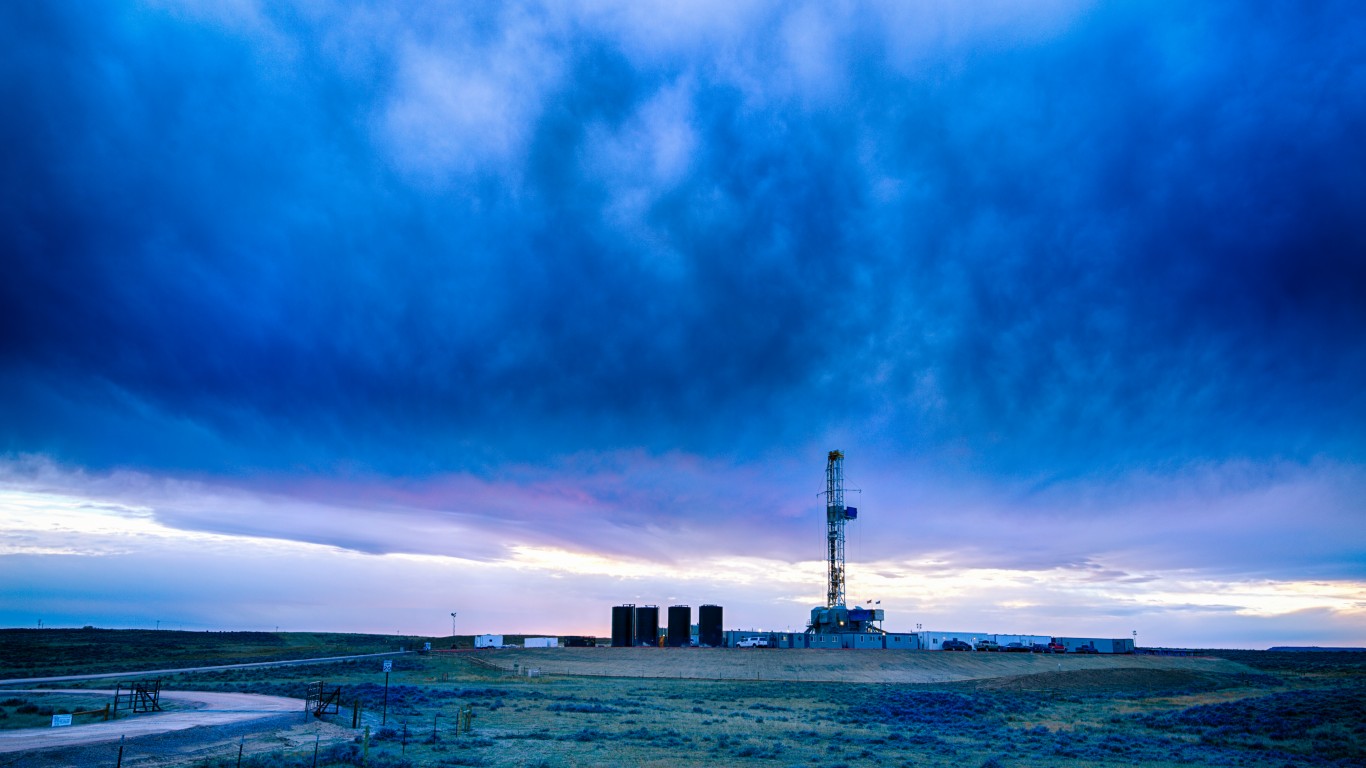
The world’s largest reinsurance company, Munich Re, announced on Thursday that it would no longer invest in or insure contracts and projects exclusively related to oil and gas fields with no production prior to December 31, 2022. The ban goes into effect on April 1, 2023.
In the announcement, the Munich, Germany-based company also said it would not invest in new midstream infrastructure (pipelines, gathering systems, etc.) or oil-fired power plants that were either not operating or not under construction by the end of December. The reinsurance giant also said that it would cease making new investments in “pure-play” oil and gas companies in its own portfolio as of April 1, 2023.
Beginning January 1, 2025, “Munich Re will require a credible commitment to net-zero greenhouse gas emissions by 2050 including corresponding short- and mid-term milestones from listed integrated [oil & gas] companies with the highest relative and absolute emissions.”
Based on a ranking by Insure Our Future U.S., a self-described “campaign comprised of environmental, consumer protection, and grassroots organizations holding the U.S. insurance industry accountable for its role in the climate crisis,” Munich Re would be the 13th of 30 global insurers to adopt a policy restricting coverage on new oil and gas projects.
According to the Financial Times, Munich Re estimates that insurers covered $120 billion of the $280 billion in global losses from natural disasters in 2021 and had previously committed to reducing carbon emissions associated with its oil and gas coverage by 5% from 2910 levels by 2025.
As a reinsurer, Munich Re insures primary insurance companies against catastrophic losses, helping spread the risk. Without reinsurance, insurers will have to assume all the coverage themselves, inevitably forcing them to raise their rates. Munich Re had gross written non-life insurance premiums totaling almost $31.5 billion, about 40% higher than second-ranked Swiss Re.
Oil and gas companies that cannot secure insurance coverage are often denied financing for new projects. If reinsurance companies are no longer willing to take on some risk, primary insurers also may be reluctant to take the risk at anything resembling a reasonable cost.
Global oil and gas producers take this seriously. Exxon Mobil, for example, in its annual report for 2021 said, “The ability of the Corporation to insure against many of the risks it faces as described … is limited by the availability and cost of coverage, which may not be economic, as well as the capacity of the applicable insurance markets, which may not be sufficient.”
It is also worth noting that crude oil prices that are currently soaring again (up by about $10 a barrel in the past five days) will not continue on that path for the long term. The oil producers know this and will be doubly reluctant to begin new projects that may be both uninsurable and potentially stranded.
Are You Ahead, or Behind on Retirement? (sponsor)
If you’re one of the over 4 Million Americans set to retire this year, you may want to pay attention.
Finding a financial advisor who puts your interest first can be the difference between a rich retirement and barely getting by, and today it’s easier than ever. SmartAsset’s free tool matches you with up to three fiduciary financial advisors that serve your area in minutes. Each advisor has been carefully vetted, and must act in your best interests. Start your search now.
Don’t waste another minute; get started right here and help your retirement dreams become a retirement reality.
Thank you for reading! Have some feedback for us?
Contact the 24/7 Wall St. editorial team.
 24/7 Wall St.
24/7 Wall St.



